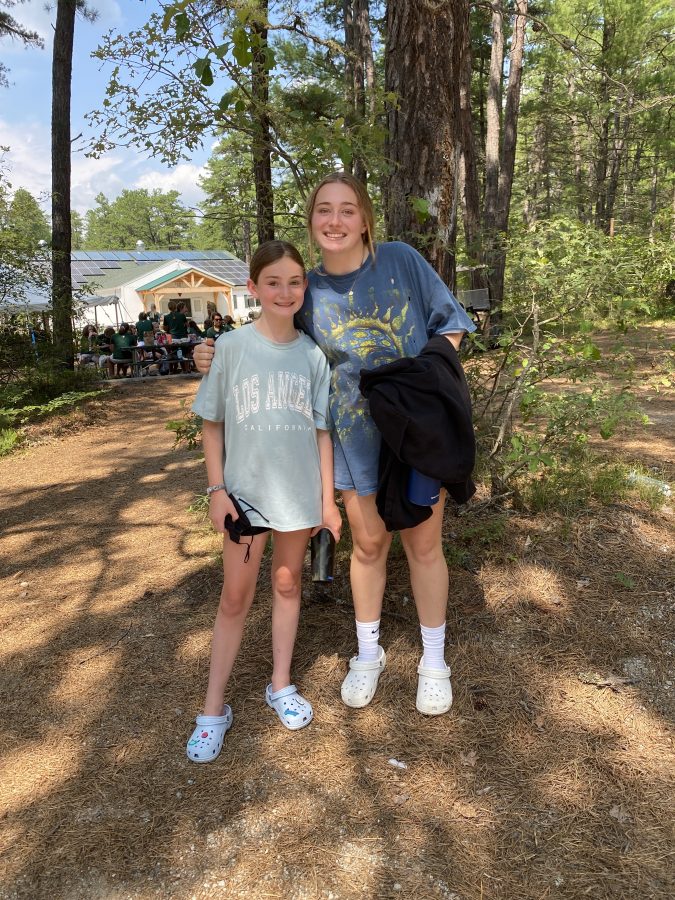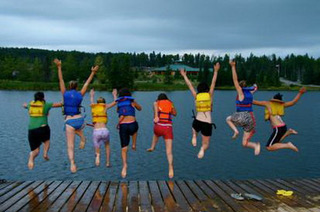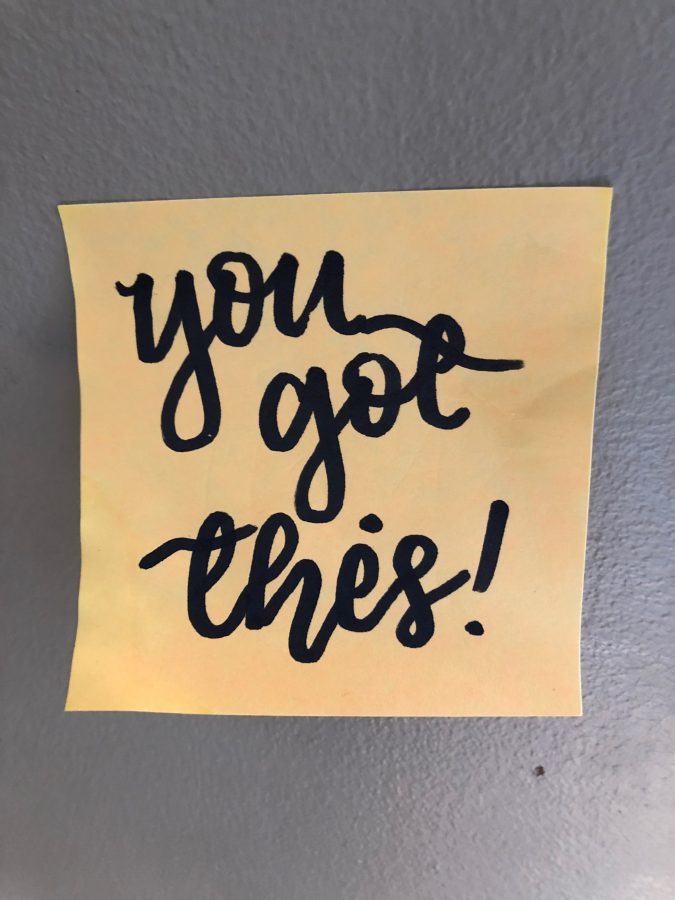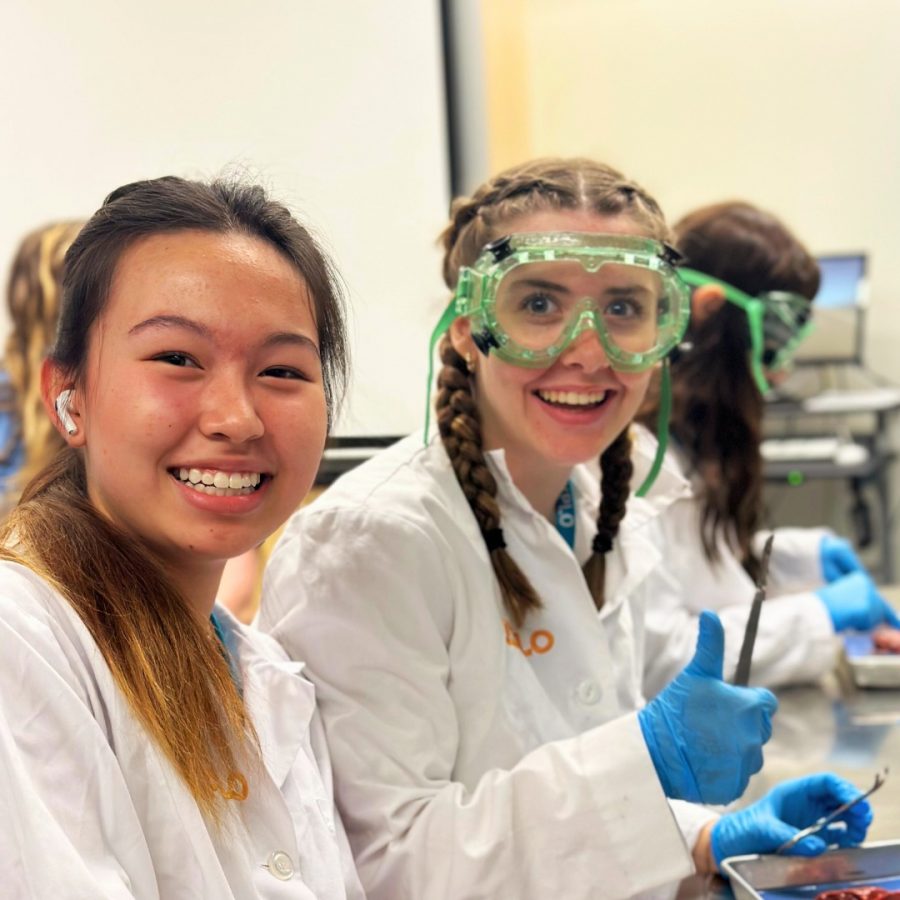Single-gender camps are a long-standing tradition, but the idea of having a boy’s camp and girl’s camp
run congruently is a little more of a novelty. Brother/sister camps typically run independently of each
other, meaning it is not a co-ed camp, but rather two separate camps that may share facilities or be
located a literal stone’s throw away across a lake.
Brother/sister camps are ideal for families with different gender siblings attending camp at the same
time. First, it is extremely convenient for families with multiple children attending camp to be at the
same location. Not only will logistics be simpler, but the start and end dates and visiting weekend will all align. This convenience cannot be underrated for families with multiple children attending overnight
camp.
 Secondly, there is a level of comfort in a brother/sister camp that makes for a great benefit. Sometimes one sibling is more hesitant to venture off to camp, while the other is counting down the days. In this situation, it is comforting to know siblings have each other. If there is a bit of typical homesickness in the beginning, the directors can arrange for siblings to see each other. This situation was what my daughter experienced at camp during her second year. Even though she attended camp the previous summer, she was bit homesick at the beginning of her second summer. Luckily, my daughter was able to connect with her younger brother after dinners. This small moment of togetherness helped her quickly overcome her homesickness and instead became immersed in her side of camp. Furthermore, there is a deeper connection and bond that can occur between siblings when at a brother/sister camp. Although each child will inevitably have their own unique experience, they also will bond over shared specialty counselors and evening events. My son and daughter each came home rattling off their favorite meals, comparing favorite counselors, and competing over who swam the most laps for SCOPE, their camp charity event.
Secondly, there is a level of comfort in a brother/sister camp that makes for a great benefit. Sometimes one sibling is more hesitant to venture off to camp, while the other is counting down the days. In this situation, it is comforting to know siblings have each other. If there is a bit of typical homesickness in the beginning, the directors can arrange for siblings to see each other. This situation was what my daughter experienced at camp during her second year. Even though she attended camp the previous summer, she was bit homesick at the beginning of her second summer. Luckily, my daughter was able to connect with her younger brother after dinners. This small moment of togetherness helped her quickly overcome her homesickness and instead became immersed in her side of camp. Furthermore, there is a deeper connection and bond that can occur between siblings when at a brother/sister camp. Although each child will inevitably have their own unique experience, they also will bond over shared specialty counselors and evening events. My son and daughter each came home rattling off their favorite meals, comparing favorite counselors, and competing over who swam the most laps for SCOPE, their camp charity event.
If considering overnight camps for multiple children, consider a brother/sister camp. Our advisors are
here to guide you and help you find the right match for your children.





 There is a sign that hangs in our summer cottage that reads, “If you get lost, come straight back to camp.” The quote is attributed to L.L. Bean, who posted this directive on the wall of his own hunting camp in Northern Maine in the early 1900s. I am reminded of it as the kids go back to school and the memories of camp slowly begin to be replaced by classes, sports commitments, and the rhythms of the fall schedule.
There is a sign that hangs in our summer cottage that reads, “If you get lost, come straight back to camp.” The quote is attributed to L.L. Bean, who posted this directive on the wall of his own hunting camp in Northern Maine in the early 1900s. I am reminded of it as the kids go back to school and the memories of camp slowly begin to be replaced by classes, sports commitments, and the rhythms of the fall schedule.



 My 14-year old loves creating “countdowns” on her phone: the countdown to spring break, her birthday, the release of the new Taylor Swift album, etc. But the longest countdown by far, the one she begins months and months ahead of time, is her countdown to sleepaway camp. Though the countdown technically starts the day she comes home from camp each summer, it really begins in earnest on New Year’s Day. At that point, there are nearly 200 days until the start of camp, and cold days with little light don’t feel much like a beautiful summer day on the lake. But weekly check-ins with camp friends, mementos from last summer on her bulletin board, and the friendship bracelets that are still on her wrist remind her that camp is never really that far away.
My 14-year old loves creating “countdowns” on her phone: the countdown to spring break, her birthday, the release of the new Taylor Swift album, etc. But the longest countdown by far, the one she begins months and months ahead of time, is her countdown to sleepaway camp. Though the countdown technically starts the day she comes home from camp each summer, it really begins in earnest on New Year’s Day. At that point, there are nearly 200 days until the start of camp, and cold days with little light don’t feel much like a beautiful summer day on the lake. But weekly check-ins with camp friends, mementos from last summer on her bulletin board, and the friendship bracelets that are still on her wrist remind her that camp is never really that far away.
 In his latest book “The Anxious Generation: How the Great Rewiring of Childhood is Causing an Epidemic of Mental Illness,” Jonathan Haidt explores the rise of anxiety in children and teens. Haidt details many factors contributing to increased anxiety and a decline in youth mental health, and points to two key issues: 1. a lack of unstructured play and appropriate risk-taking, and 2. the rise of technology and widespread use of smart phones. As parents, we know his observations are true. Kids are on their phones too much and missing out on real connections with their peers. As a result, we are raising more anxious, lonely, and depressed kids. Despite these disturbing trends, Haidt is hopeful and prescribes four key solutions we can implement as a community:
In his latest book “The Anxious Generation: How the Great Rewiring of Childhood is Causing an Epidemic of Mental Illness,” Jonathan Haidt explores the rise of anxiety in children and teens. Haidt details many factors contributing to increased anxiety and a decline in youth mental health, and points to two key issues: 1. a lack of unstructured play and appropriate risk-taking, and 2. the rise of technology and widespread use of smart phones. As parents, we know his observations are true. Kids are on their phones too much and missing out on real connections with their peers. As a result, we are raising more anxious, lonely, and depressed kids. Despite these disturbing trends, Haidt is hopeful and prescribes four key solutions we can implement as a community:


